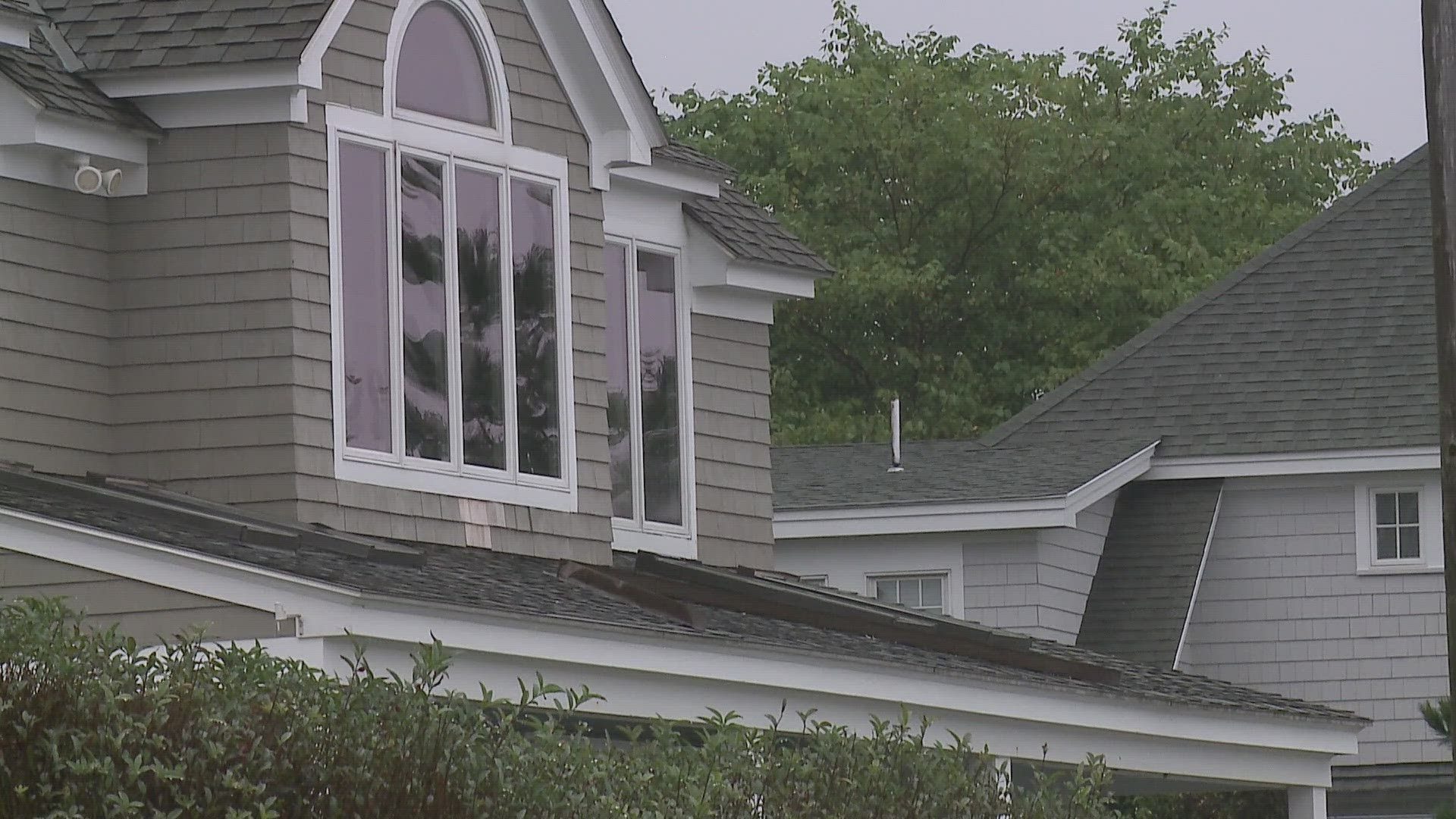KENNEBUNKPORT, Maine — In his more than a decade working for the town of Kennebunkport, director of planning and development Werner Gilliam has seen a lot of change — particularly in the short-term rental industry. He says while it has always been a conversation in the coastal town, it took off with the advent of online platforms like AirBnb.
"Houses that were coming on the market were selling quickly and were displacing folks who may have been long-term renters or residents — and were then showing up as short-term rentals," Gilliam said about developments in the past couple of years.
To address that challenge, the town recently put into place a capacity on the number of licenses it issues for short-term rentals in the area. Gilliam said that capacity excludes the neighborhood of Goose Rocks, which has long been known as a seasonal rental spot.
"We’ve issued a little over 400 licenses for short-term rentals here in town," Gilliam said, noting it's a high number for a town with only about 4,000 people year-round.
That kind of regulation is exactly what the group Vacation Rental Professionals of Maine (VRPOMe) is opposed to. The group formed in 2013 to give short-term rental facilitators and owners a voice in Augusta after a bill was brought forward that would have required all lodging places to be licensed by the state.
"We're private homes. We're not commercial entities. Most of them are only rented for a very short time," Audrey Miller, the founding president of VRPOMe, said.
On Tuesday, Miller organized a conference in Freeport for VRPOMe members to discuss challenges they say they're experiencing in the industry. She said she's aware of the negative narrative surrounding short-term rentals and their possible effect on affordable housing, but isn't buying it.
"A million-dollar house that sits on the edge of the ocean or on a lake in Maine is not an affordable housing option," Miller said, later adding, "Those people should not be lumped in with, say, places like in Portland where they have multi-unit apartment houses that may have been turned into a short-term rental."
Miller said many of these properties have been in families for generations, and they need the extra income to help pay for maintenance and taxes. She said they also help to support Maine's bustling tourism scene.
"They provide an awful lot of money to our economy. They're good for our economy. We need to make sure we don't do anything to disrupt this," Miller said.
Patricia Moore, executive director of the Global Vacation Rental Association, who was also at Tuesday's conference, agrees. She also said she thinks there are other solutions to the affordable housing crisis, since many of these rentals are seasonal.
"Until we change the way that we look at land-use and planning and make it easier for people to get into the market and encourage the development of more affordable housing, it’s not going to get better," Moore said.
VRPOMe is opposing a number of bills related to fees and taxes on short-term rentals that are being carried over to the next legislative session. One of them, sponsored by Rep. Tiffany Strout, R-Harrington, would impose a fee on short-term rentals that the people staying there would have to pay, similar to a cleaning fee.
"There is nothing that the business owner has to pay out of their pocket or their rental. It’s all contingent upon the person that stays," Strout said, noting it would be up to every municipality in Maine to decide whether they wanted to adopt this measure and how much they would charge.
Strout said the money could go toward any of the municipality's needs, including affordable housing. She also said she's planning to add an amendment to the bill to make sure it excludes campgrounds.
"I think if you’re coming here and you can pay $2,000 a week to stay, you might not notice seven dollars; [but] seven dollars over a thousand rentals for a small town adds up to help EMS, or schools, or that back road that everybody’s traveling on," Strout said.
NEWS CENTER Maine also reached out to HospitalityMaine for comment, since VRPOMe is not a part of that nonprofit.
In a statement, Nate Cloutier, director of government affairs, said in part, "A key difference between our two organizations is that our lodging community is subject to regulations that vacation homes are not, and as such, we haven’t always agreed on what type of oversight may be needed. The two can coexist in the state’s tourism market, but there is an argument to be made about establishing a more level playing field regarding which properties should have some regulations."

